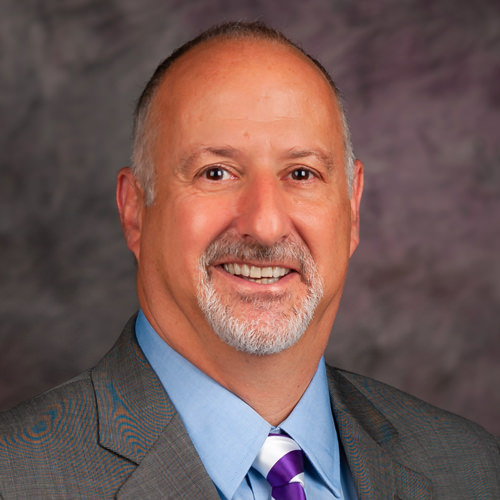Managing the Whole Student Life Cycle: A Discussion for Higher Ed Leaders
Course Length
1h 26m

Managing the Whole Student Life Cycle: A Discussion for Higher Ed Leaders
An integrated whole-campus approach to boosting retention and graduation—join us to learn how to think about a coordinated strategy.
Overview
Boosting retention and graduation successfully requires a whole-campus approach coordinated across enrollment management, student affairs, and academic affairs. But what often stands as a barrier to a more a coordinated whole-campus approach is that institutions typically compartmentalize the stages of the student life cycle, encouraging different divisions or offices to manage things like recruitment, curricular experience, co-curricular experience, and student development on their own. As institutions today compete more fiercely than ever to enroll and retain students, it’s paramount to develop an overall student life cycle management strategy. Join us for a discussion stemming from Managing the Whole Student Life Cycle: A Handbook for Higher Ed, to focus on questions like:
- How can institutions shift to thinking holistically about retention and student success?
- How can higher ed professionals navigate a student success strategy that requires both a ground-up and a top-down approach?
- How can leaders at the institutional and system-wide level get different cultures around a complex institution to create a shared sense of purpose or goals for student success?
Through a facilitated dialogue with Paul Marthers (Vice Provost for Enrollment Management, Co-Executive Director of the Undergraduate Project at Emory University, and author of Managing the Student Life Cycle: A Handbook for Higher Ed), Christy England (Vice Chancellor for Academic and Student Affairs at the State University System of Florida Board of Governors), and David V. Rosowsky (Vice President for Research at Kansas State University), you will gain valuable insights into how institutional leaders are shaping an overall student success strategy.
Who should attend?
Institutional or divisional leaders from enrollment management, academic affairs, and student affairs who are interested in discussing the development of an overall student success strategy will benefit most from this discussion. Additionally, faculty and staff interested in learning more about their part in the overall student life cycle will also find value.
Tagged In
$0

Christy England
Vice Chancellor for Academic and Student Affairs at the State University System of Florida Board of Governors

Paul Marthers
Vice Provost for Enrollment Management, Co-Executive Director of the Undergraduate Project, Emory University


